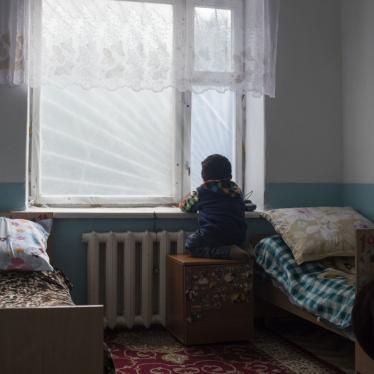In what may seem like a contradiction, the Council of Europe—the continent’s leading human rights body—continues to pursue a new legal instrument that would undermine the rights of people with disabilities. Today’s meeting of the Council of Europe’s Committee on Bioethics— the body responsible for this treaty known as the draft Additional Protocol to the Oviedo Convention on Bioethics, signals that states are prepared to adopt new rules regarding forced treatment and detention of people with psychosocial disabilities, despite existing human rights obligations.
The United Nations Convention on the Rights of Persons with Disabilities (CRPD), ratified by 46 out of 47 Council of Europe member states, guarantees people with disabilities equal rights to liberty and to decide about their own medical treatment. The rights to non-discrimination, liberty and security, personal autonomy, and bodily integrity are also guaranteed by the European Convention on Human Rights. If the draft protocol was adopted, states could seemingly flout these protections and use coercive measures against people with psychosocial disabilities.
The additional protocol has received widespread criticism from people with disabilities, their representative organizations, human rights groups, the UN special rapporteurs on health and disability, and the UN Committee on the Rights of Persons with Disabilities. Even the Council of Europe’s Commissioner for Human Rights spoke out against it, and its Parliamentary Assembly unanimously adopted a resolution calling for the “abolition of coercive practices in mental health settings.”
The Committee on Bioethics appears to want to gloss over critiques by compiling information on alternatives to coercive measures. And while states should be encouraged to draw on existing good practices to end coercion, this effort will not neutralize the harm done by the draft protocol. Rather than leading Europe forward on human rights protections for all, the Committee is reinforcing the wrongheaded idea that people with psychosocial disabilities don’t deserve to be listened to, even on matters of their own integrity and dignity.
Governments should listen to their voices and oppose the draft protocol. European Union leaders —whose member states are part of the Council of Europe and party to the CRPD —should speak out against this new treaty and any other initiative that would run counter to the rights protected under the CRPD.










